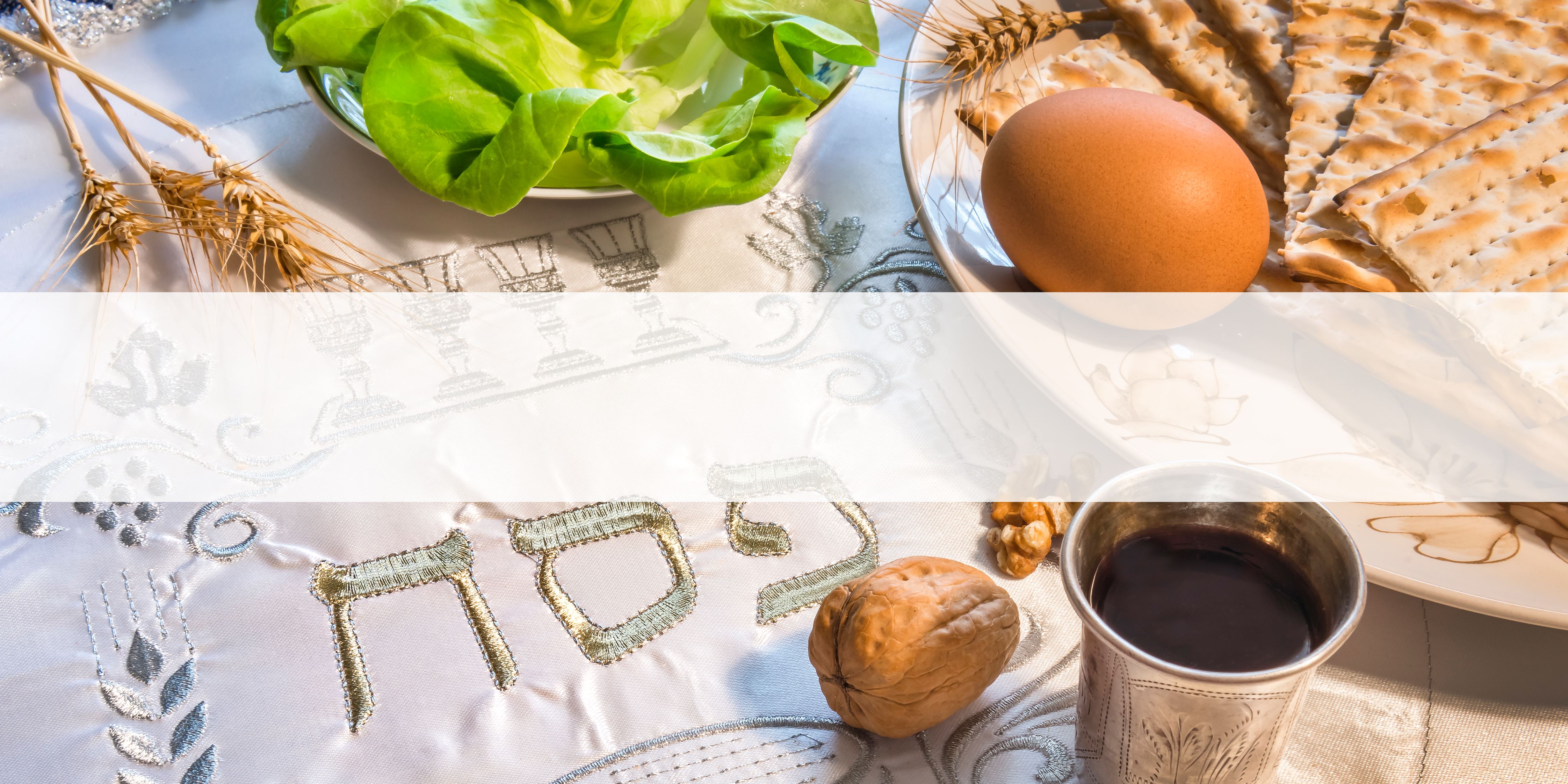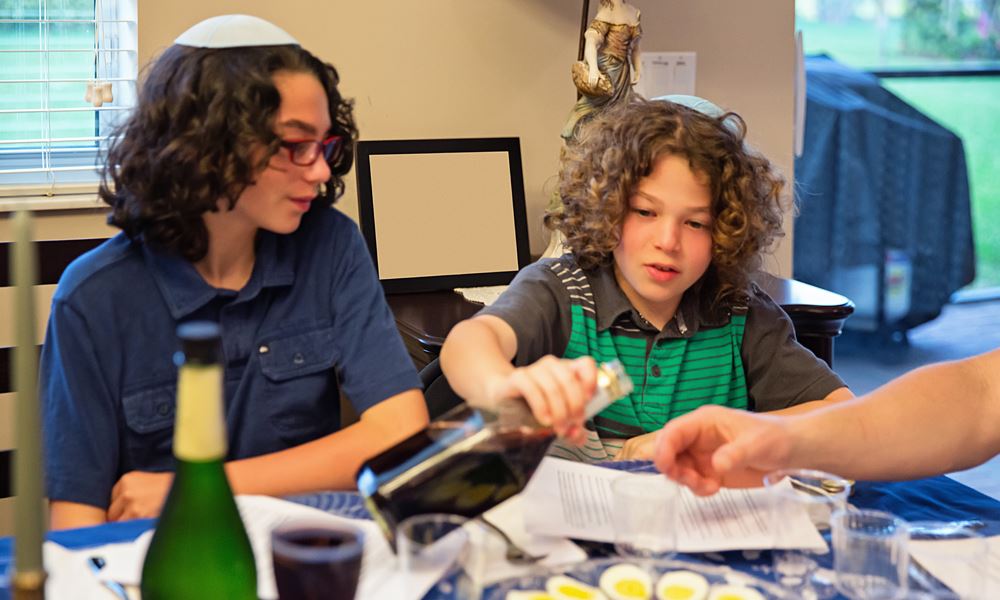
Passover - A Jewish celebration of freedom
#CelebratingDiversity
We are driven by our people - from more than 100 different countries, they make up the company we are every day. Diverse thinking, broad cultural diversity and a gender-balanced workforce make us more innovative and creative. To celebrate our diversity, we highlight special cultural occasions our colleagues observe around the world: Passover, one of the holiest and most observed holidays in Judaism, begins at sundown on Saturday, March 27.
The main ritual of Passover is a religious feast known as a "Seder," which means "order" in Hebrew, for which families and friends gather during the first two nights of the festival. It includes blessings over food and wine, explanations of Passover symbols, discussions about freedom and social justice, and lots of singing and eating. These rituals are performed in an order prescribed by a Passover-specific book known as the Haggadah, which means "to tell" in Hebrew.
During the Seder, a plate is placed in the center of the table containing Passover foods that are significant to the Exodus story, including the unleavened bread or matzah, bitter herbs, a lamb shank, and a mixture of fruits, nuts, and wine known as charoset, which represents the mortar the Jews used when they assembled bricks as slaves in Egypt.

A very important role is played by the retelling of the Exodus story according to the Hebrew Bible during the Seder:
Jews first settled in ancient Egypt when Joseph, a son of the patriarch Jacob and founder of one of the twelve tribes of Israel, moved his family there to escape a severe famine in their homeland of Canaan. The Israelites lived in harmony for many years. But as their population grew, the Egyptians began to see them as a threat. Following Joseph’s and his brothers’ deaths, so the story goes, a particularly hostile pharaoh ordered their enslavement and systematic drowning of their firstborn sons in the Nile River.
In response, the story goes, God unleashed ten plagues on the Egyptians, including hailstorms, three days of darkness and dyeing the Nile with red blood. Fearing further punishment, the Egyptians convinced their ruler to release the Israelites, and Moses quickly led them out of Egypt. But the pharaoh changed his mind and sent soldiers to retrieve his former slaves.
According to the Hebrew Bible, as the fleeing Jews stood at the edge of the Red Sea, a miracle occurred. The sea parted, allowing Moses and his followers to cross safely. Then the passage closed, and the fast-approaching Egyptian army drowned. The Jews then trekked through the Sinai Desert for 40 tumultuous years before finally reaching their ancestral homeland in Canaan - later known as the Land of Israel.
Passover signifies freedom for people of the Jewish faith and is one of the most important celebrations in Judaism. For me personally, it is also an important time because the whole family comes together to enjoy a good meal while sharing traditions - just spending quality time with each other.

In Denmark, we would also gather with family and eat together with the local Israeli community. The pandemic has made this rather difficult and we will have to adjust this year’s Passover celebration accordingly to stay safe and healthy.
And last, but not least, you have to try Matzah with Nutella!
Chag Pesach Samech! Happy Passover!



